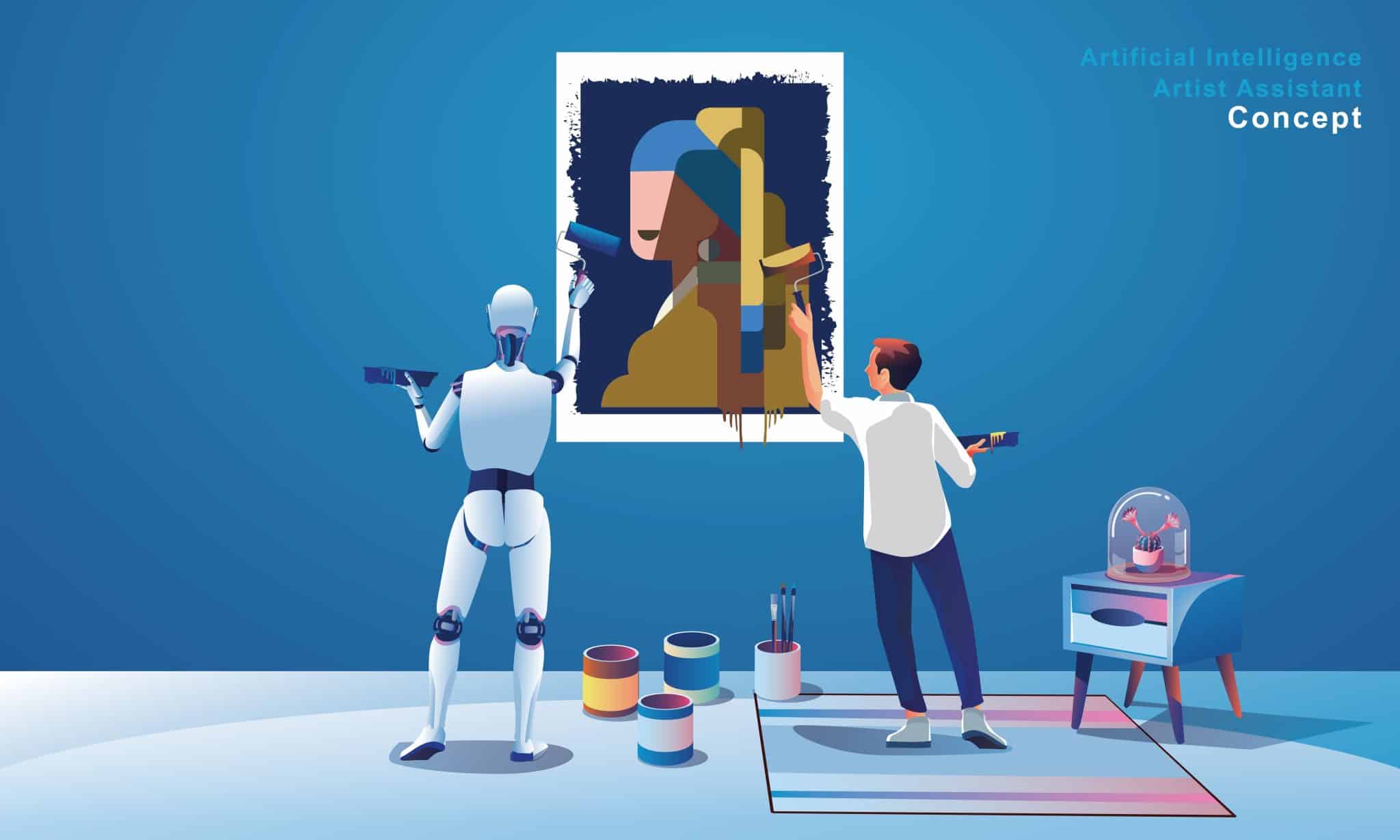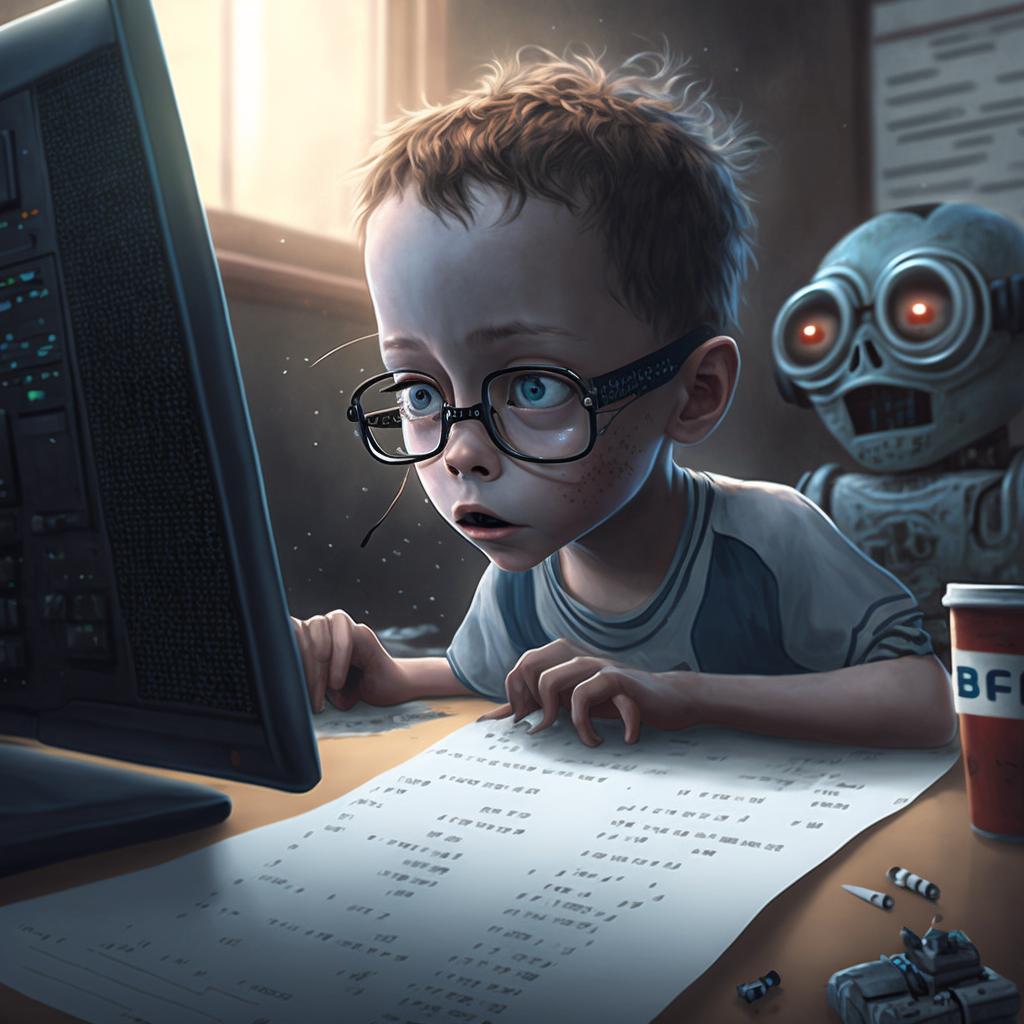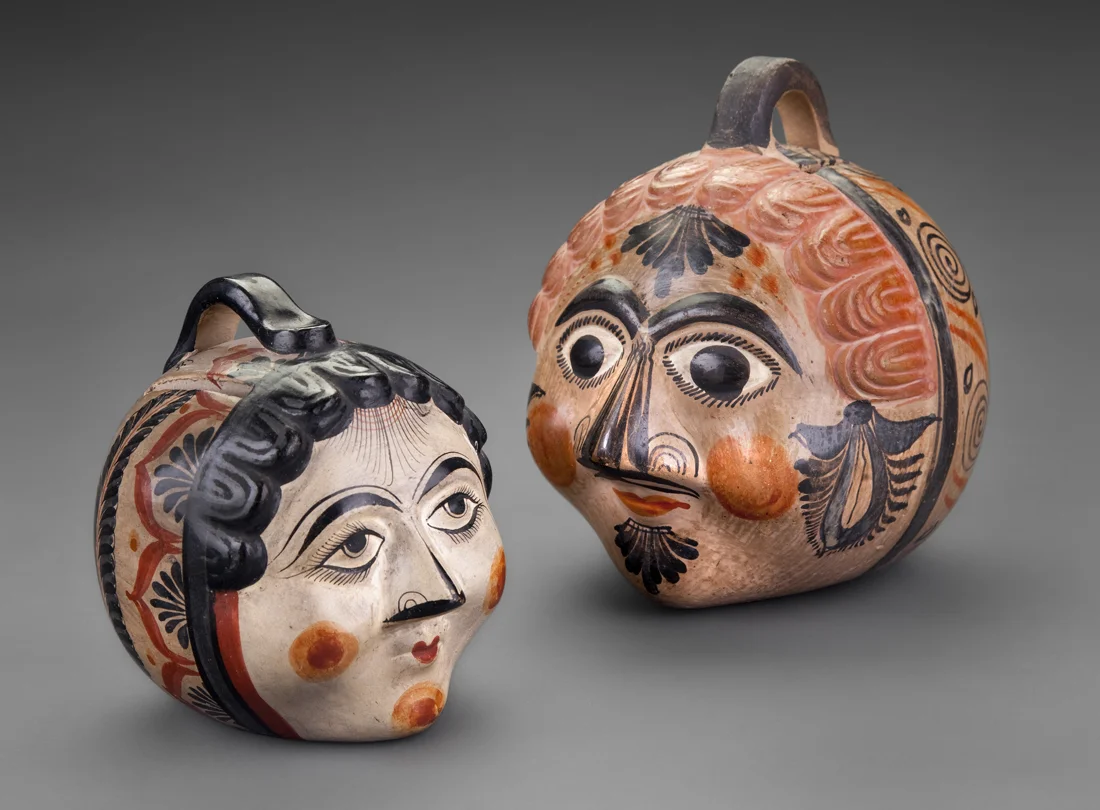Generative AI
Google Image Results Flooded with AI-Generated Content, Users Voice Concerns
09 October 2024
|
Zaker Adham
Users have expressed frustration over Google Image search results being overrun with AI-generated images, potentially misleading searchers and spreading misinformation. These concerns have arisen as hyper-realistic AI graphics and synthetic images appear in results, often without proper labeling to differentiate them from genuine media.

AI-Generated Images Invade Google Search Results, Causing Concern Among Users
Recent complaints from internet users reveal that Google Image search results are increasingly filled with AI-generated images, making it harder to find authentic media. This rise in synthetic graphics raises concerns about misinformation, with many fearing that AI-created visuals are misleading viewers.
Users on platforms like X (formerly Twitter) have shared screenshots of their searches, particularly highlighting odd, inaccurate AI images of animals. For instance, when searching for photos of baby peacocks, multiple users found hyper-realistic AI-generated images that did not accurately depict the animal.
Unflagged AI Images Create Misinformation Risks
AI-generated or synthetic images are not consistently flagged in Google Image results, leading to the possibility that casual users may mistake these images for real photos. This becomes even more problematic when searching for general information about animals, places, or even celebrities.
A similar issue arose when searching for baby animals like peacocks, as reported by The Hindu. Although searches for celebrities like Elon Musk or major cities like Tel Aviv and Gaza mostly yielded accurate photos, some categories are more vulnerable to being overtaken by AI visuals.
Watermarking Issues in AI Images
While major AI companies have promised to improve transparency by watermarking AI-generated images, these watermarks are often invisible or hard to spot, especially for users scrolling quickly through search results. This lack of clarity could make it harder for everyday users to distinguish real images from artificial ones.
One proposed workaround is to customize Google Image searches by excluding results before 2022. Doing so could help reduce the number of images created with generative AI tools like OpenAI’s ChatGPT, which was widely introduced in late 2022. However, this may come at the cost of filtering out recent and relevant news or media that users are actively seeking.
What This Means for Image Search Users
As Google integrates more AI-generated content into its search platforms, the line between real and artificial visuals is blurring. Although AI-generated summaries and media can be useful, the lack of clear labeling threatens the accuracy and integrity of the information found online. Users will need to be more vigilant and possibly adjust their search settings to avoid being misled.




